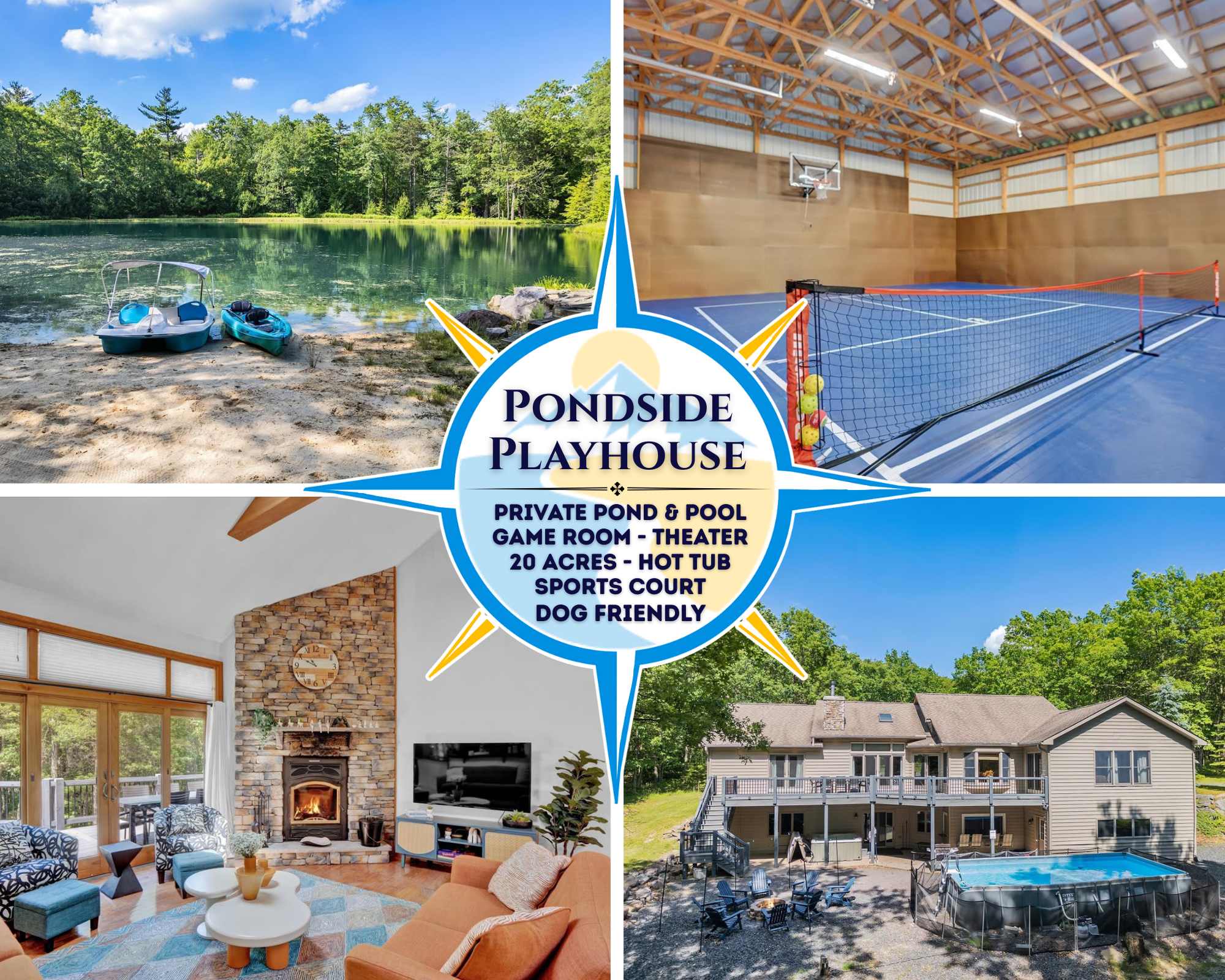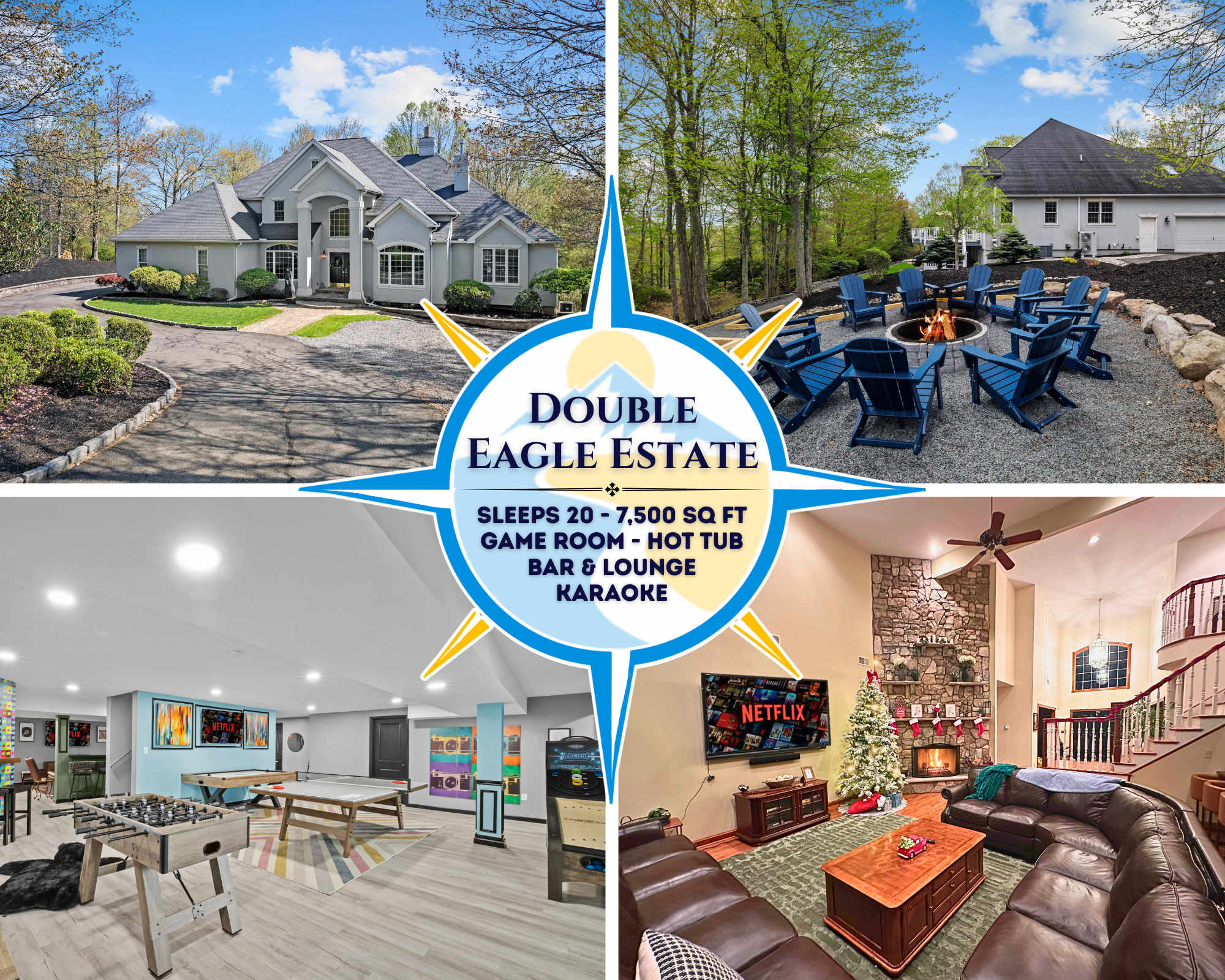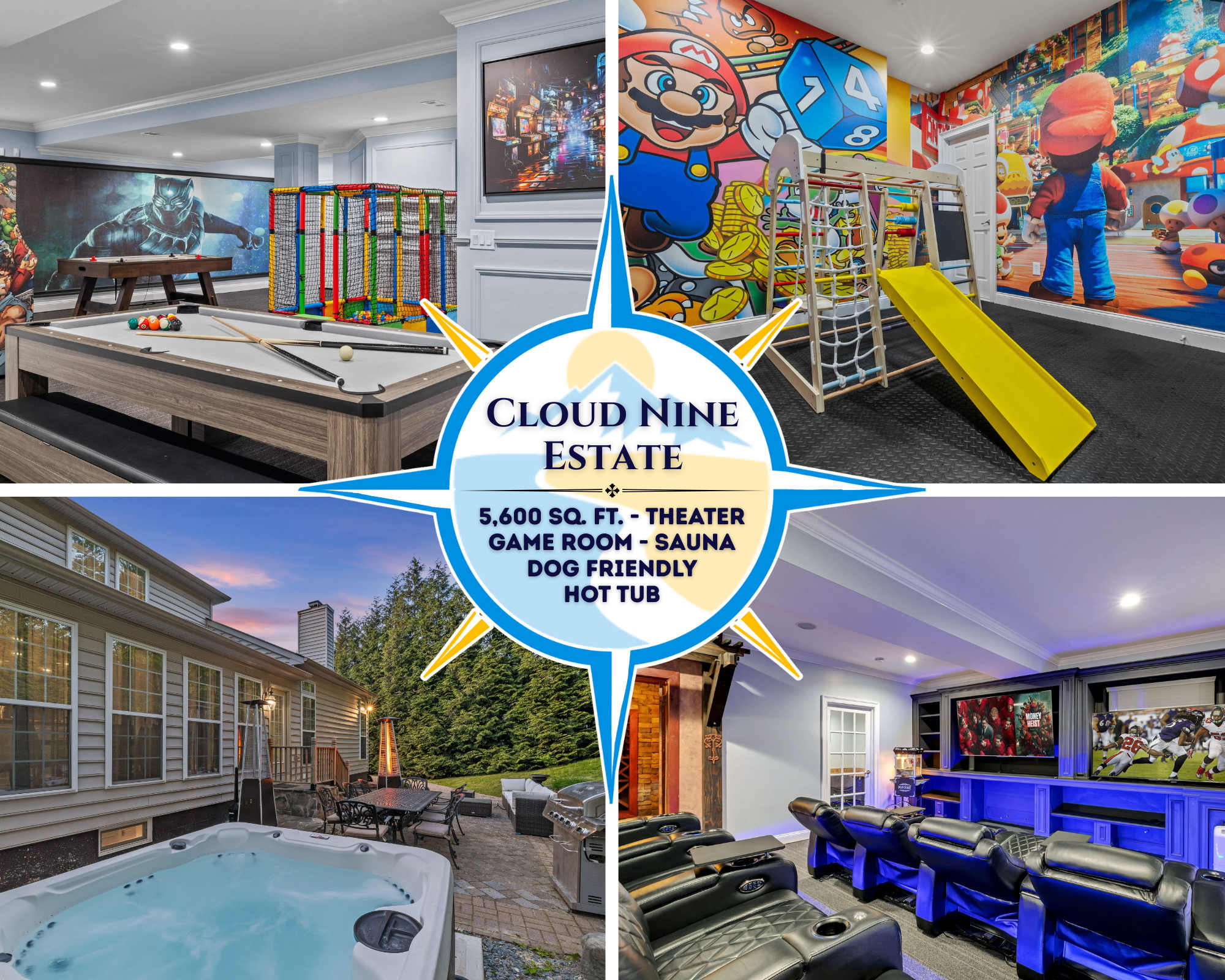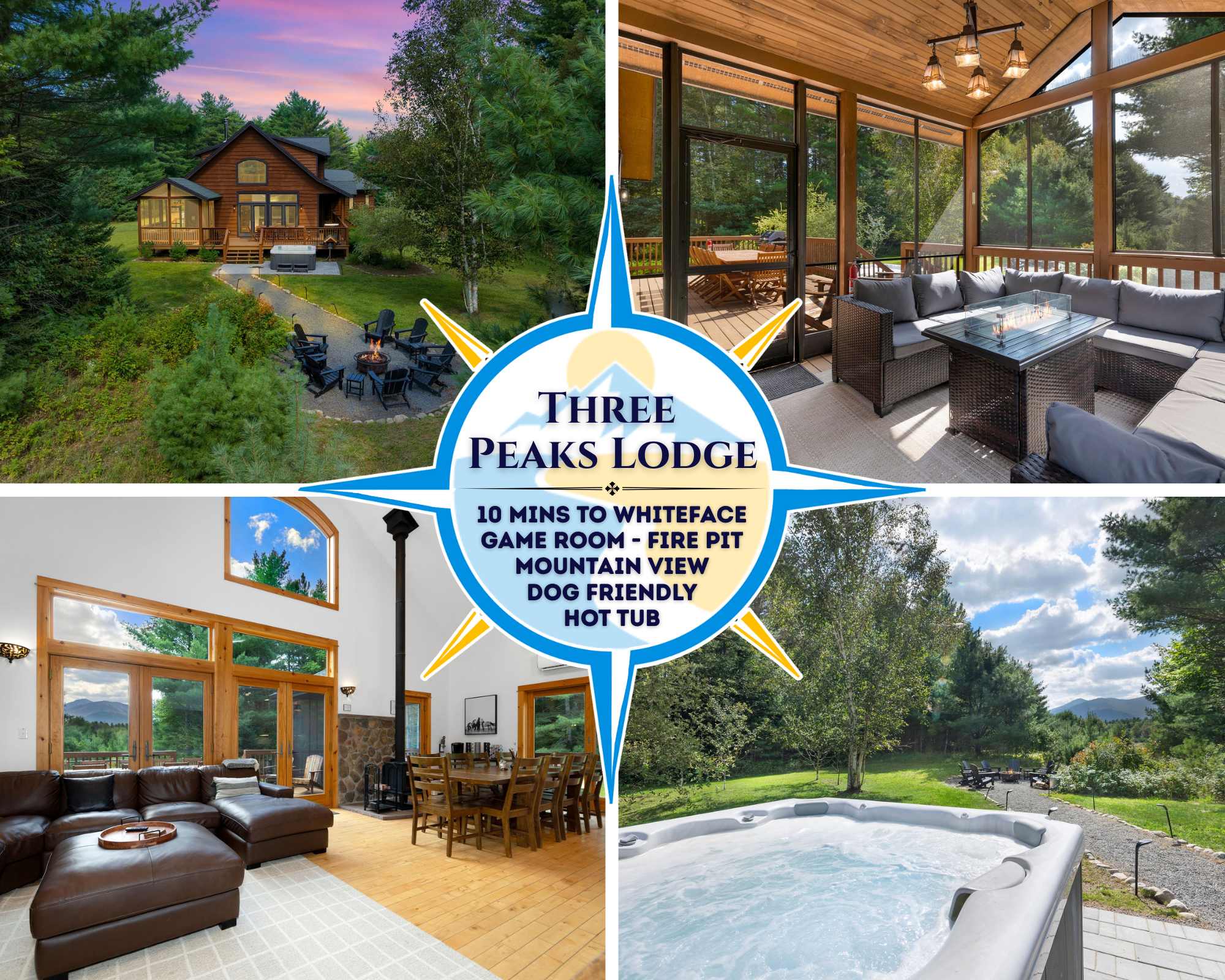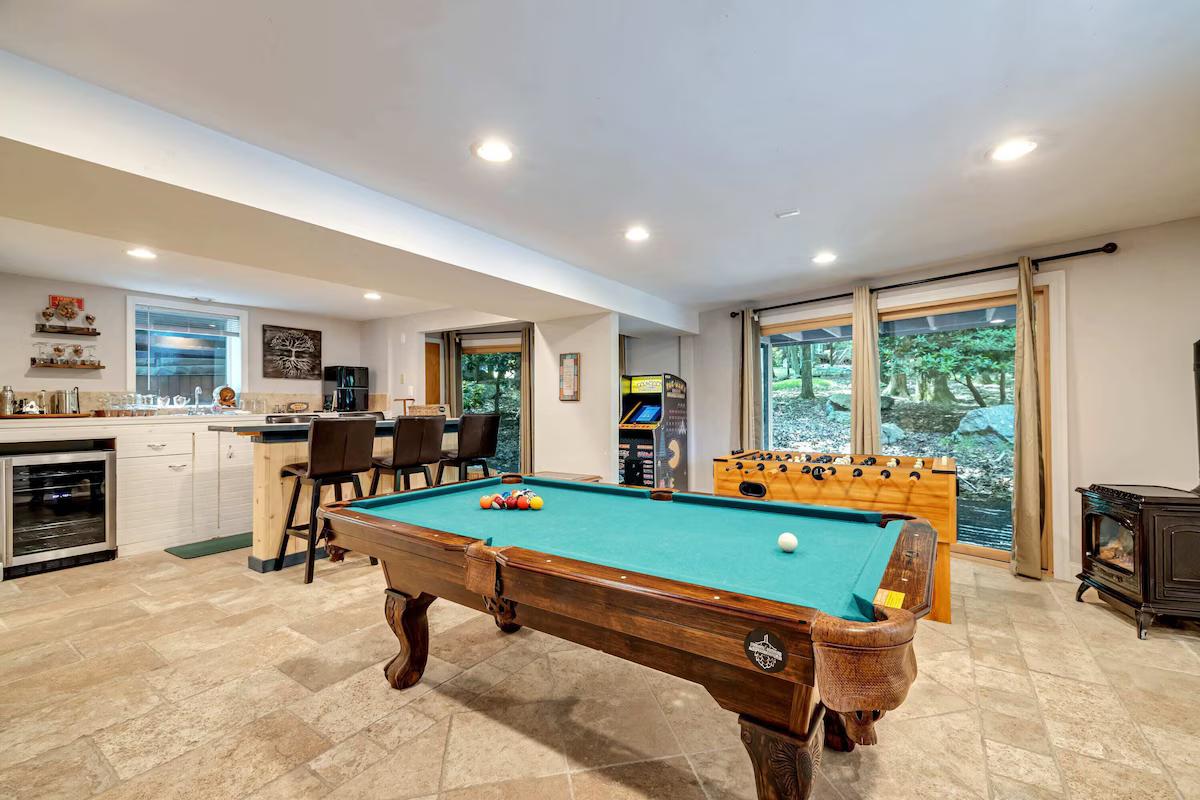STR vs. Long-Term: Which Is Right for Your Rental Property?
Compare short-term and long-term rental strategies to see which option boosts income, reduces risks, and fits your property investment goals.
10/01/2025
Figuring out the best way to rent out your property starts with understanding your options. You may be considering short-term rentals for their flexibility and quick returns, or leaning toward long-term leases for the steady income and lower turnover. Each path comes with its own set of responsibilities and rewards, and the right choice isn’t always obvious. What works for one property or owner might not be ideal for another, especially when factors like location, effort, and financial goals come into play. To truly find the right fit, you need a clear breakdown of how these two rental models compare in real-world scenarios.
That way, whether you're managing a vacation rental property or weighing the benefits of a long-term lease, you’ll have the insight you need to make the right call. So continue reading this blog!
Which One is Perfect for your Property: Vacation Rental vs. Long Term?
Revenue And Occupancy Dynamics
- Short-term rentals offer the flexibility to adjust pricing based on seasonal changes, local events, or last-minute demand. When managed, especially by a vacation rental property manager, this flexibility can translate into higher earnings, especially during busy travel periods.
- Long-term rentals, on the other hand, offer predictability, where you can get a steady monthly income through a lease. This means fewer surprises and more financial consistency. It also comes down to whether you value dynamic income potential or prefer a stable cash flow.
Turnover Frequency And Ongoing Maintenance
- With vacation rentals, you’re welcoming new guests all the time. That means regular cleaning, restocking, and general upkeep to keep everything fresh and guest-ready. It can be a bit more hands-on, but it also keeps the space in great shape year-round.
- Long-term tenants typically stay put for months, or even years, so there’s far less turnover. Once they’re settled, maintenance needs are usually limited to occasional repairs or upgrades, giving you a more relaxed pace of property care.
Time Involvement And Daily Management
- Managing a vacation rental property can feel a bit like running a small hospitality business. There’s communication with guests, coordinating cleanings, managing bookings, and sometimes doing so daily.
- In contrast, long-term rentals tend to settle into a rhythm once the lease is signed. Your involvement drops significantly, with only occasional check-ins or maintenance requests. If you're looking for less day-to-day involvement, this model might feel more manageable.
Set Up and Furnishing Expectations
- Short-term rentals are all about the guest experience. That means fully furnishing the space, like beds, sofas, kitchenware, decor, and even small touches like coffee or toiletries.
- For long-term rentals, it’s usually the opposite. Tenants often bring their furniture, so you're only responsible for the basics, appliances, fixtures, and maybe some built-in storage. The setup is simpler, and your upfront costs can be significantly lower.
Wear Patterns And Property Longevity
- When different guests are coming and going regularly, usage tends to be more varied. That means furnishings and amenities might wear out faster and need replacing more often to keep things up to standard.
- With long-term tenants, the wear and tear is generally more predictable. Since one household is using the space continuously, items often last longer, and maintenance becomes more routine.
Insurance Coverage And Risk Profiles
- Short-term rentals usually need specialized insurance that covers guest-related incidents and potential income loss due to cancellations or damage. It's a unique type of coverage tailored to that business model.
- Long-term rentals fall under more traditional landlord insurance policies. These are often easier to manage and provide reliable coverage for standard tenant-related issues like property damage or unpaid rent.
Market Sensitivity And Tenant Drivers
- Vacation rentals grow on tourism, seasonal travel, and events. So if your property is in a desirable location, say near a beach, ski resort, or downtown district, you could see big demand swings depending on the time of year. In such cases, professional support like vacation rental management near you can also help you deal with these seasonal highs and lows.
- Meanwhile, long-term rentals are driven by everyday life: jobs, school zones, family needs, or relocation. Demand is steadier, and the tenant pool tends to be more consistent year-round.
Financial Tracking And Tax Requirements
- If you go the short-term route, be prepared for more detailed tracking. Income may come through different booking platforms, and you'll likely need to collect and report lodging taxes more frequently.
- Long-term rentals simplify things a bit. Income is typically monthly, and taxes are reported annually. There’s less administrative work overall, which can be helpful if you prefer a straightforward bookkeeping process.
Legal Framework And Tenant Classification
- One crucial difference lies in how your occupants are classified. If you're offering Poconos ski house rentals, for instance, your guests are commonly considered short-term visitors rather than tenants, giving you more flexibility with policies and property access.
- Formal tenant protections cover long-term renters. These laws provide structure and security for both you and the tenant, with clearly defined rights and responsibilities built into the lease agreement.
Scaling And Operational Style
- Scaling a vacation rental property setup means more properties, more logistics, and often, more moving parts, cleaning teams, guest communications, booking platforms, and so on. It’s a hospitality operation at its core.
- On the other hand, scaling long-term rentals can be a bit more hands-off, as growth often comes with less day-to-day involvement.
Selling And Exit Options
- Vacation rentals can also be attractive, especially if they have a strong booking history and great reviews. For instance, in regions known for tourism, such as the Poconos, Poconos vacation rentals often stand out for their income potential. Moreover, just keep in mind that coordinating the sale around existing reservations may take some careful planning.
- Eventually, you might want to sell the property. Long-term rentals with solid tenants and lease agreements can be especially appealing to investors looking for reliable returns right away.
Conclusion
Ultimately, deciding between short-term and long-term rentals starts with understanding what you want from your investment, whether that’s steady income, greater flexibility, or higher earning potential. Once you’re clear on that, it becomes easier to see which option aligns best with your vision.
So are you ready to plan your next getaway? Start your journey with Wander Home, as we can help you determine which rental model best aligns with your goals.
Recent posts
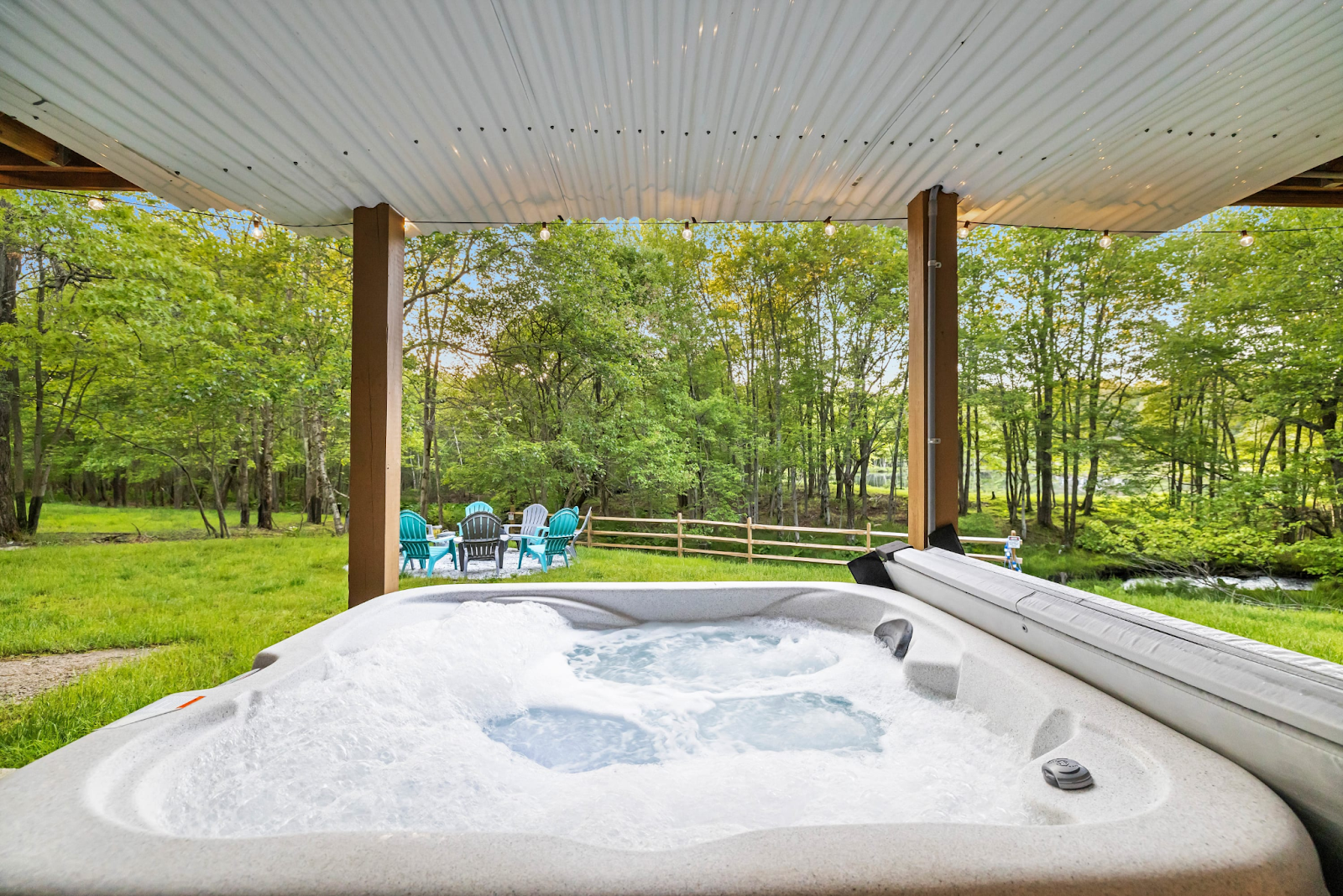
First Time Stay Pocono Cabin Rental Guide: What to Know
Planning your first Pocono cabin stay? Learn what to expect, key booking tips, packing essentials, and how to enjoy a smooth and memorable mountain getaway.
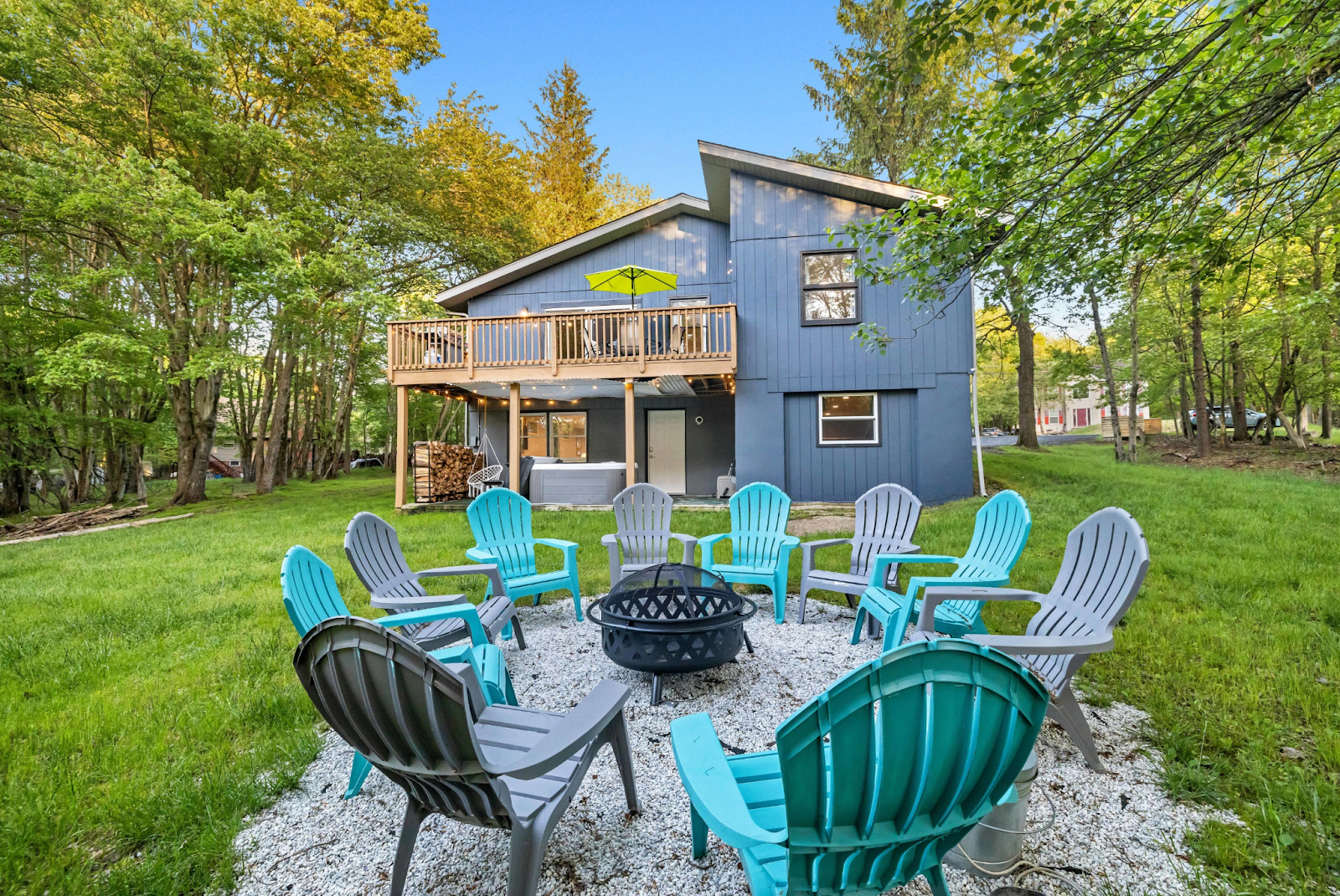
Poconos Travel Guide: Best Scenic Winter Views to Explore
Explore the Poconos this winter with stunning scenic views, peaceful trails, cozy spots, and must-see landscapes that make your vacation unforgettable.
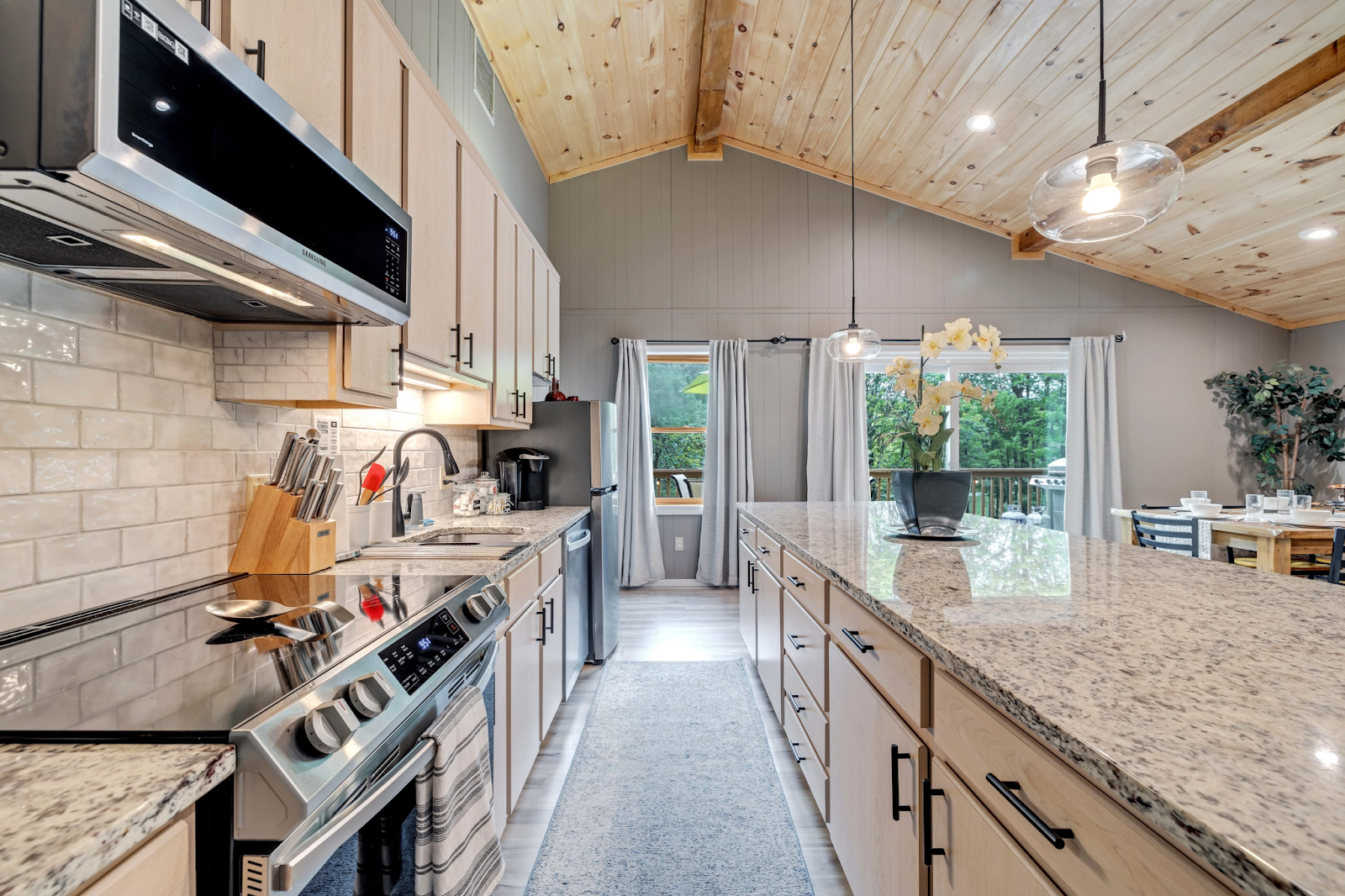
Pocono Mountain Vacation Home Maintenance Complete Checklist
Keep your Pocono Mountain vacation home in top condition with this essential maintenance checklist covering seasonal care, safety tasks, & property upkeep tips.

